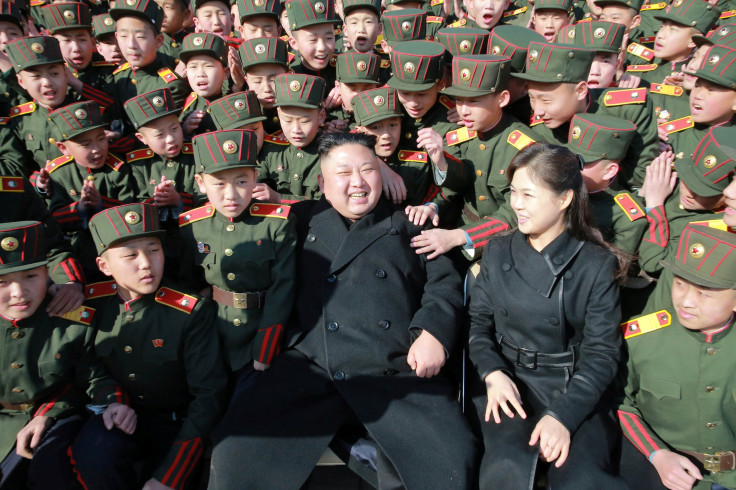Is UN Helping North Korea? Report Calls For Donations As Sanctions Dry Up Aid

North Korean leader Kim Jong Un’s subjects are being seriously affected by international sanctions that have severely curtailed humanitarian aid activities due to the country’s continued ballistic missile and nuclear tests in defiance of the sanctions imposed by the United Nations, according to a U.N.-led report released this month.
Issues like "chronic food insecurity, early childhood malnutrition and nutrition insecurity" continue to plague North Korea, which has been ranked 98 out of 118 countries in the 2016 Global Hunger Index, according to the report put together by five U.N. agencies, seven international nongovernmental organizations and the Swiss Agency for Development and Cooperation.
An estimated 18 million people, the report noted are in need of humanitarian assistance and more than 10 million of them — or about 41 percent of the North Korean population — are undernourished, the report said. To meet the "urgent needs of the most vulnerable," it called for $114 million in donations.
The report also noted the concerns of the international community that their donations and humanitarian assistance may subsidize the costs for the rogue reclusive country to build nuclear weapons. In recent months, North Korea has reportedly spent $200 million on nuclear and missile tests and $160 million on construction. Overall, North Korea has allocated $1.1 billion to $3.2 billion on nuclear spending in recent years with an economy worth just $28.4 billion in 2014.
"The Democratic People's Republic of Korea is in the midst of a protracted, entrenched humanitarian situation largely forgotten or overlooked by the rest of the world,” Tapan Mishra, resident coordinator in Pyongyang responsible for U.N. development and other activities, wrote in the report's introduction.
The report said that the sanctions have also contributed to the drying up of humanitarian assistance and relief and appealed for donations for millions of North Korean women and children.
“While international sanctions imposed on DPRK clearly exempt humanitarian activities, they have unintentionally caused disruptions to humanitarian operations…This is reflected in the radical decline in donor funding since 2012 … I appeal to donors not to let political considerations get in the way of providing continued support for humanitarian assistance and relief,” Mishra said in the report.
© Copyright IBTimes 2024. All rights reserved.












